Autumn Elegance: A Guide to Traditional Health Practices during the White Dew Season in China
Do you know that the White Dew season has quietly arrived in China? As one of the twenty-four solar terms, White Dew usually falls around September 7th each year, marking the formal end of the hot summer and the gentle beginning of the cool autumn. During this transitional period, it is crucial to learn to care for your health timely, as it plays a vital role in maintaining overall well-being. Let's explore how the Chinese people adjust their lifestyle according to traditional wisdom during the White Dew season in preparation for the arrival of autumn.

Nourishing Diet During the White Dew Season
Pears 梨子(lí zi), the Top Choice for Moistening Dryness
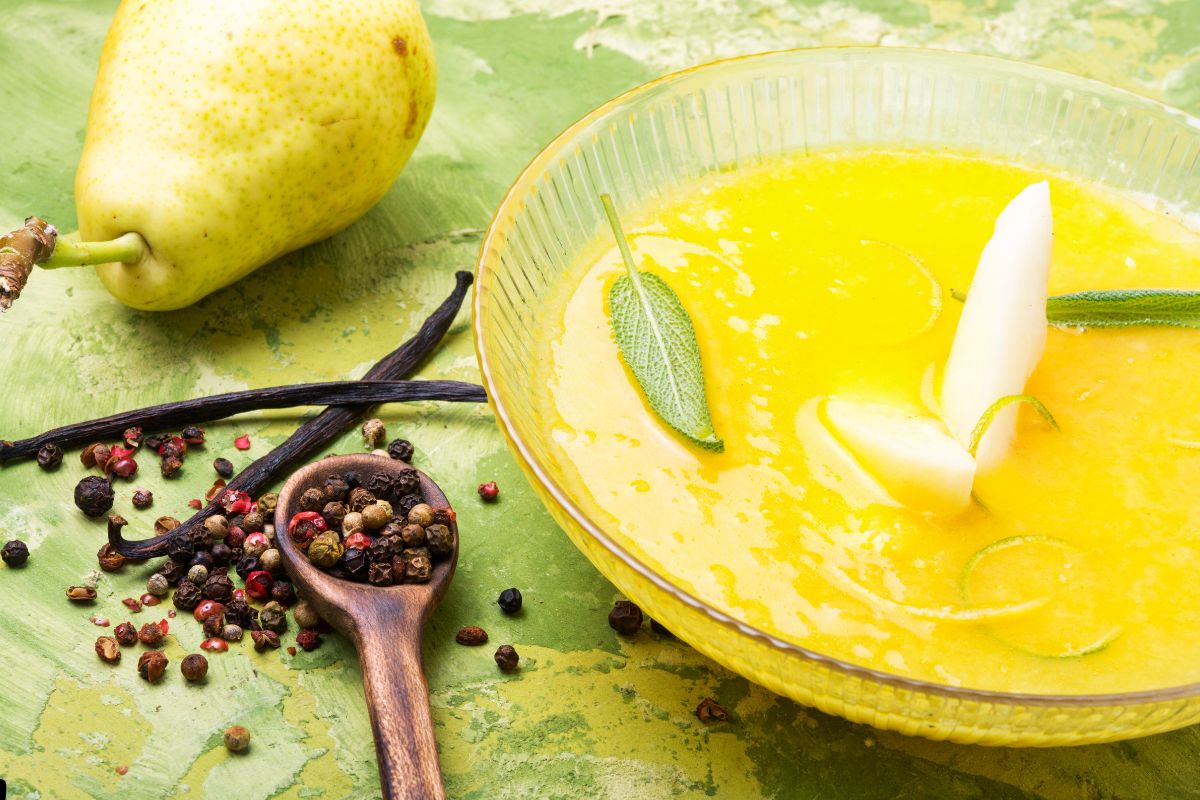
梨子 (lí zi), noun, pear
Examples:
- She enjoyed a juicy pear for breakfast.
她早餐吃了一个多汁的梨子。
tā zǎo cān chī le yī gè duō zhī de lí zi。 - The farmer harvested a basket of ripe pears from the orchard.
农民从果园收获了一筐成熟的梨子。
nóng mín cóng guǒ yuán shōu huò le yī kuāng chéng shú de lí zi。
In regions like Hebei and Shandong, it has become a custom to eat pears during the White Dew season. Pears have a cool, sweet taste that can nourish bodily fluids, moisturize the lungs, and clear heat, which helps combat the dry autumn weather and alleviate discomfort in the throat. They are an ideal fruit during this time of the year.
White Dew Tea, for Clearing the Mind and Refreshing the Spirit
In some southern regions, there is a tradition of drinking "White Dew Tea," which is a new tea harvested around the period of White Dew. Compared to the fresh and tender taste of spring tea or the bitterness of summer tea, White Dew Tea has a more mellow flavor, elevating an aroma with a hint of autumn coolness. It subtly expresses the essence of autumn - mature yet steady.
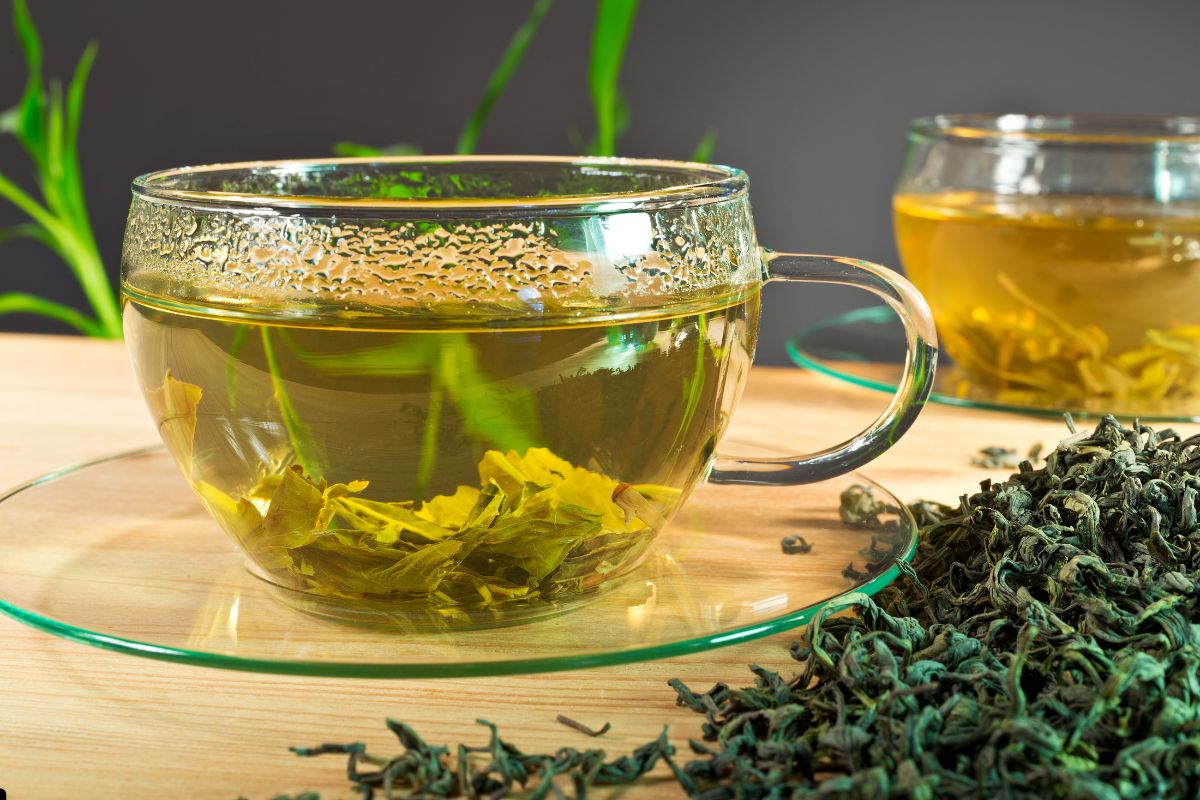
In many tea-growing regions like Fujian and Zhejiang, people believe that tea during this time can help the body adapt to seasonal changes, alleviate autumn dryness, clear heat, and nourish the lungs. Whether inviting a few good friends to share tea or quietly sitting alone by the window, watching autumn leaves树叶(shù yè) fluttering down while savoring the long-lasting tea aroma, one experiences a sense of simplicity and tranquility, relishing the peaceful moments of life. Thus, this is not just a custom but a way of life, offering moments of leisure and serenity amidst the busy daily routine.
树叶 (shù yè), noun, leaves
Examples:
- The autumn wind rustled through the leaves.
秋风吹过树叶,发出沙沙声。
qiū fēng chuī guò shù yè, fā chū shā shā shēng。 - She collected colorful leaves in the park.
她在公园里收集了五颜六色的树叶。
tā zài gōng yuán lǐ shōu jí le wǔ yán liù sè de shù yè。
Sticky Rice Lotus Roots, a Nourishing Delight
In the Jiangsu and Zhejiang regions of China, making sticky rice lotus roots during the White Dew period is a common practice. This is the time when lotus roots are plentiful, and people ingeniously combine the autumn's bounty with the warm nature of sticky rice to create a nourishing and delicious dish. Soft glutinous rice is stuffed into lotus root holes, slow-cooked with rock sugar, resulting in a delightful sweet treat.
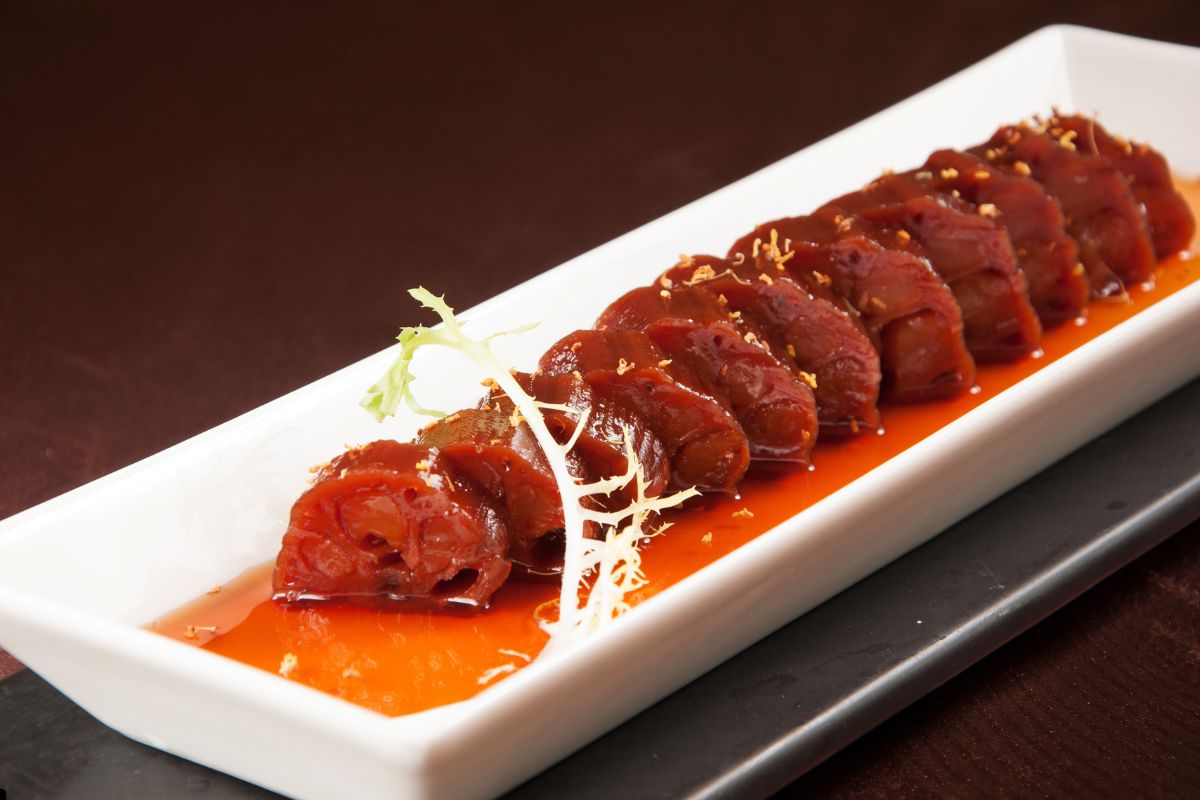
According to Traditional Chinese Medicine principles, autumn belongs to the lungs, and lotus roots are cold in nature, sweet in taste, can generate body fluids to quench thirst, clear heat, and calm agitation. Paired with the warming nature of sticky rice, it not only neutralizes the cooling property but also aids in stomach nourishment and spleen strengthening, making it perfect for consumption in the dry autumn season to help nourish yin, moisten dryness, and regulate bodily functions.
Lifestyle Adjustments for Health During White Dew Season
Adding or Reducing Clothing, Ensuring Warmth
With temperatures gradually dropping and the morning and evening temperature differences increasing, there is an ancient saying "Do not expose your body during White Dew," reminding people to timely add clothing, especially focusing on keeping the abdomen and feet warm to prevent invasion by cold pathogens.
Autumn Vitality, Balancing Activity and Rest

The refreshing autumn weather is perfect for outdoor activities. Whether it's morning exercises, evening strolls, or practicing Tai Chi, these gentle exercises promote better physical health, improve the circulation of qi and blood within the body, assisting in the subtle departure of seasonal discomforts.
Emotional Regulation, Cultivating Inner Serenity
As White Dew arrives, the natural world's aura begins to become introverted, and human emotions should also follow the rhythm of the season, learning to be calm. Maintaining emotional stability, not being swayed by extreme emotions, helps us synchronize with the yin and yang changes in nature, achieving harmony between body and mind.
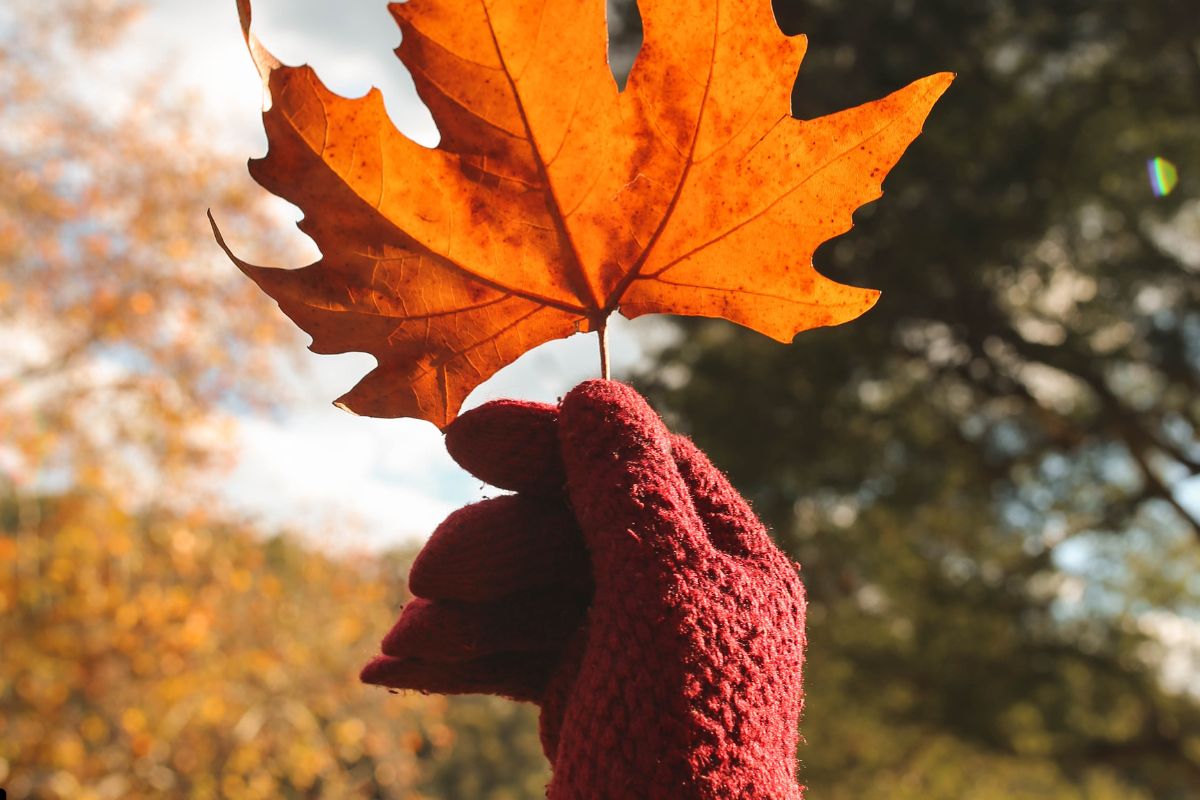
Adequate Sleep, Adapting to the Seasonal Shift
Ancient wisdom from the Yellow Emperor's Inner Canon tells us that autumn is suitable for early sleep and early rise, ensuring an adequate amount of sleep. This helps not only in replenishing the body's yang energy but also enhances the body's immune system, laying a solid foundation to resist the impending cold season.
Quick Tips: Health Considerations for Autumn
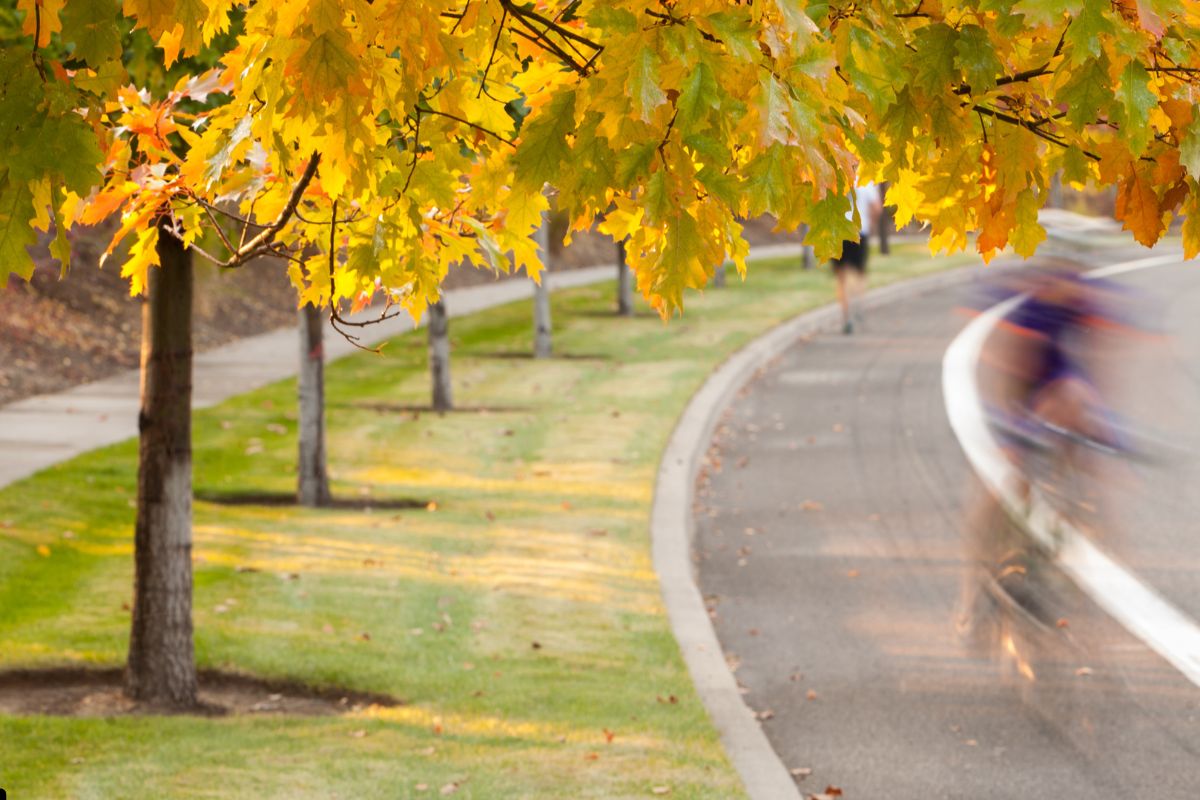
- Focus on nourishing yin and moistening dryness in your diet, reduce spicy and stimulating foods, increase the intake of vegetables, fruits, and white foods like lilies and tremella mushrooms.
- Maintain good ventilation in your living environment, increase indoor humidity moderately by using a humidifier or placing a basin of water to reduce autumn dryness.
- Practice personal hygiene, wash hands frequently, and pay attention to protection, as autumn is a high season for respiratory illnesses such as the flu, maintaining good hygiene habits is essential.
In conclusion, the White Dew solar term marks the transition from warmth to coolness in nature and serves as a crucial period for us to adjust our lifestyle and enhance our health and well-being. Let us follow the wisdom of our ancestors, aligning with the four seasons, and enjoy a healthy and comfortable golden autumn! Wishing everyone health and auspiciousness throughout the seasons!